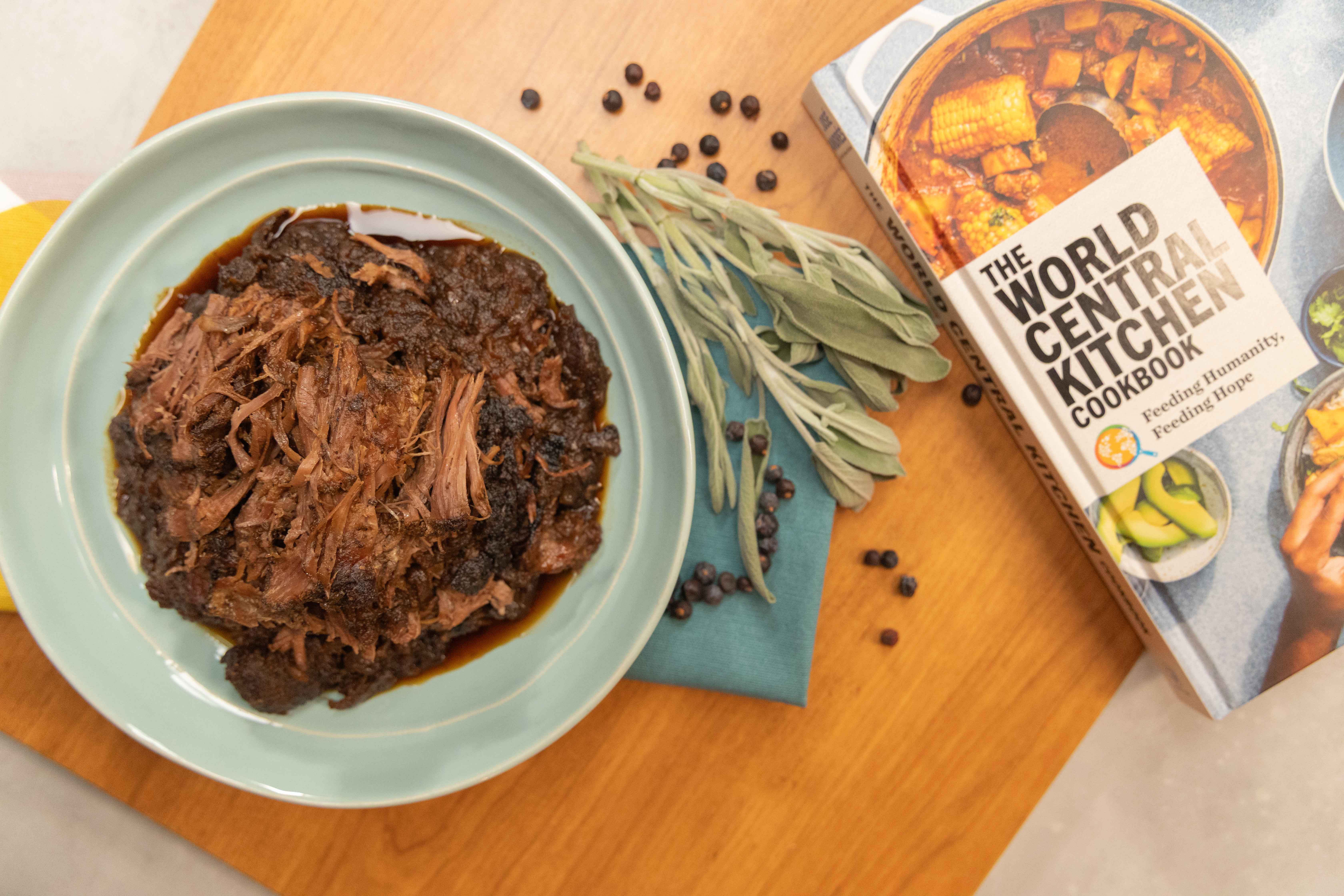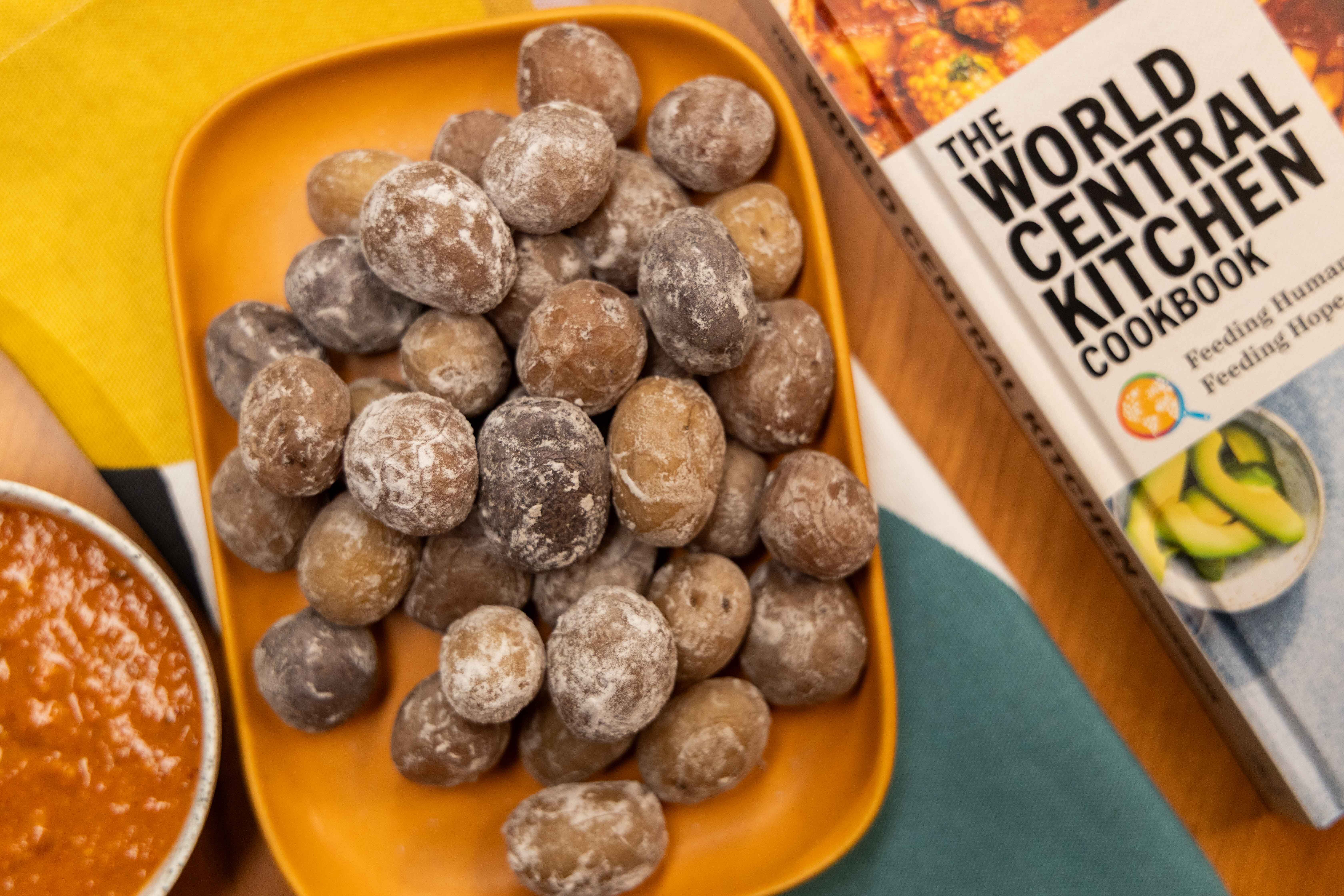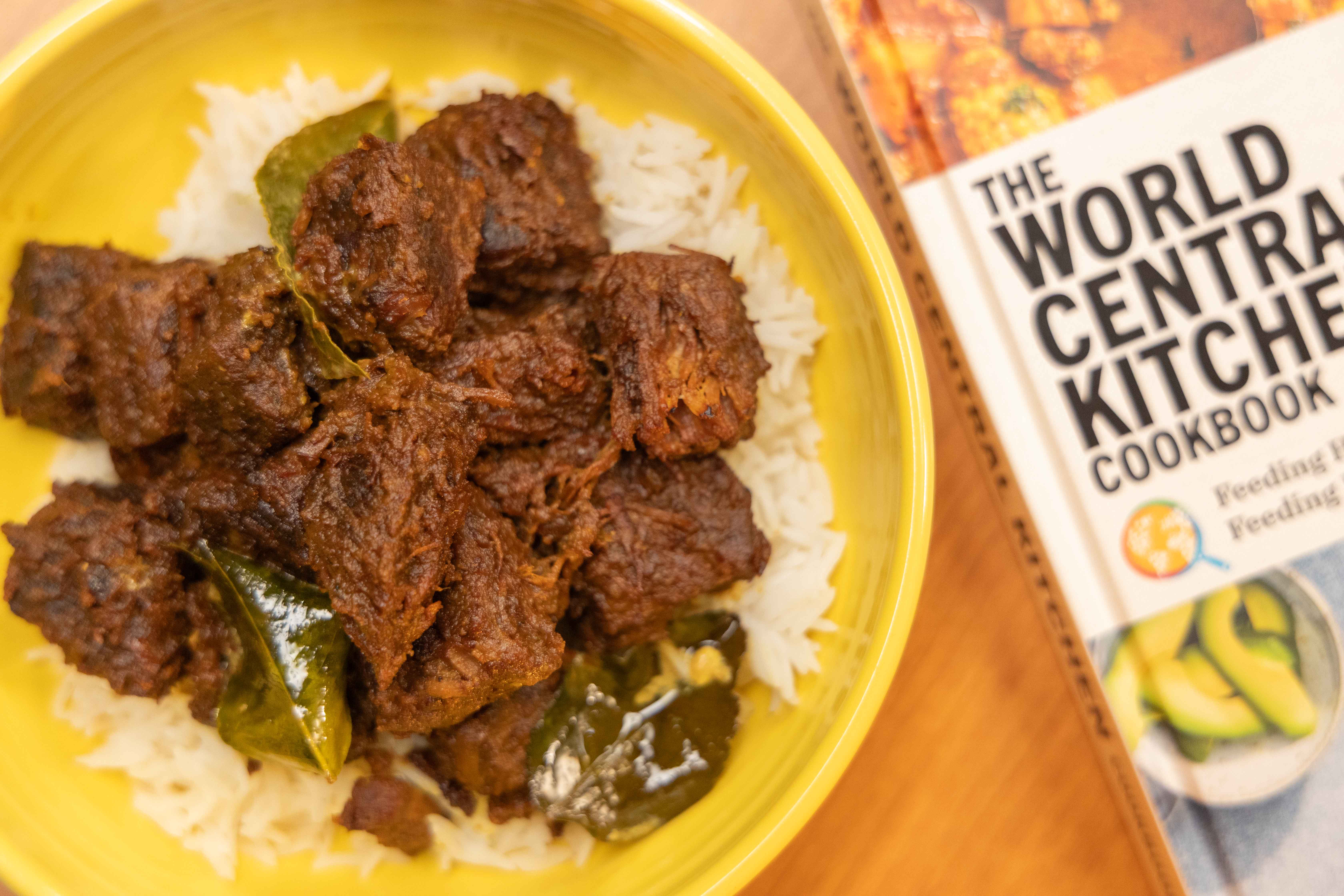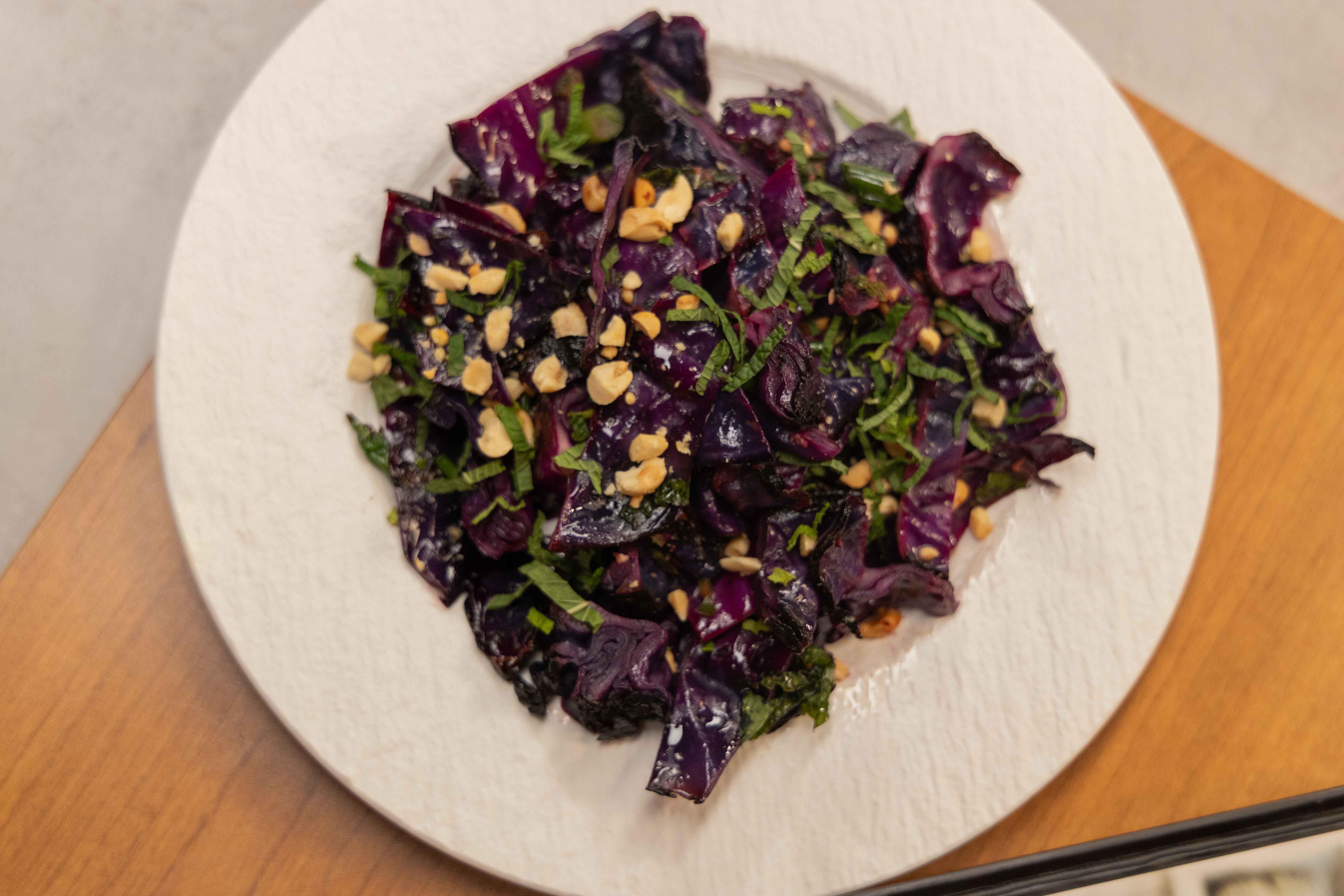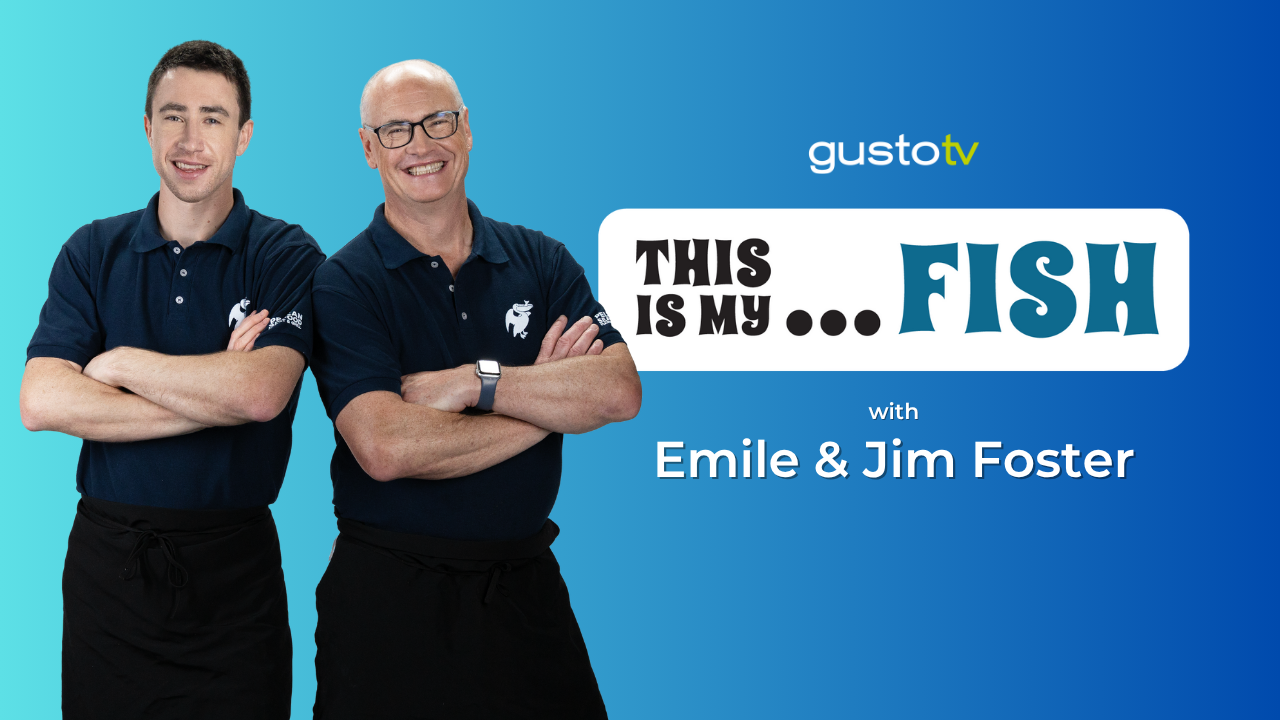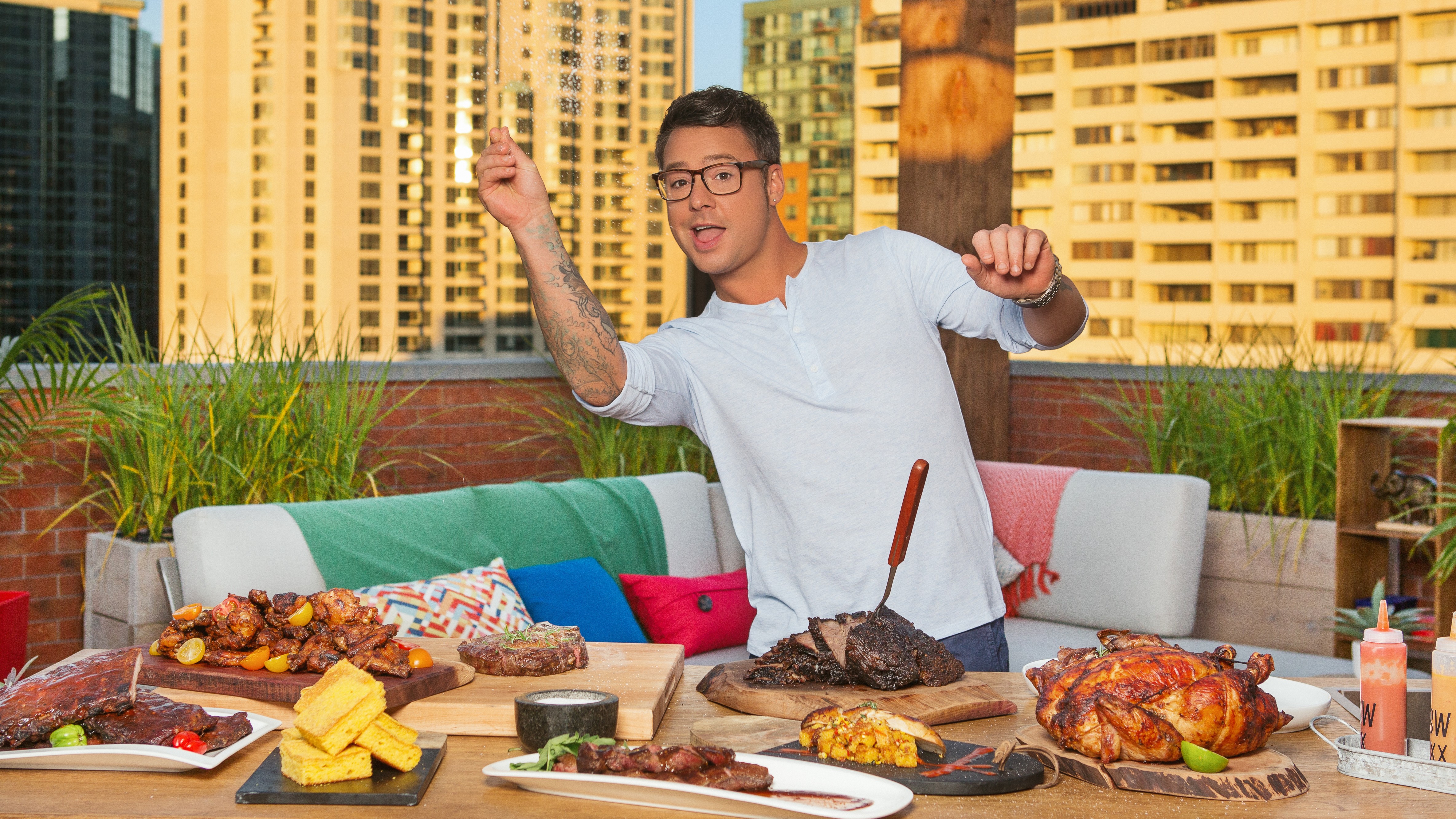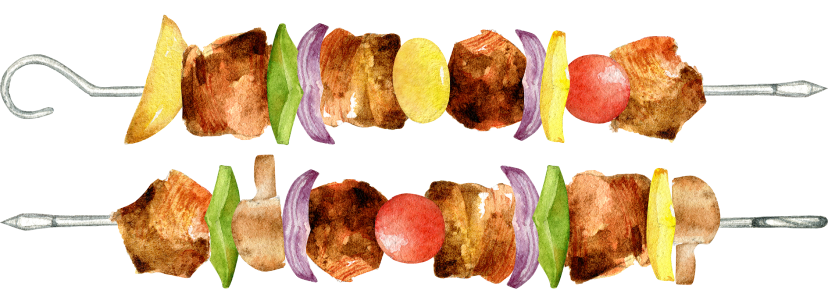Compost 101: Easy Compost Tips
Composting is the latest trend for the environmentally conscious, but for good reason – it reduces harmful toxic waste from our landfills and is nature’s own way of recycling. Even better, composting actually creates a nutrient rich soil like mixture that can save you money on all your gardening needs!
We know, it can be daunting, but every effort counts so we wanted to create a quick composting 101 on what you can compost and what’s better for the trash! Let’s break it down:
How Do I Compost?
In an effort to collaborate on sustainability, many cities offer airtight containers that make composting a cinch. All you have to do is discard your compostable items in this bin, and on garbage day the city will do the rest. If this isn’t an option for you, not to worry, you can compost directly in your own backyard – we recommend choosing an area that’s out of the way and covering your compost with an enclosed bin.
What you CAN Compost:
Fruits, Veggies & Herbs:
Don’t forget their peels too! Fruits, veggies and herbs are compostable in all states and are a no brainer as they add a ton of nutrients to create a rich soil you’ll want to use later.
Eggshells:
Baking? Hosting a killer brunch? Don’t just toss your eggshells, the calcium in them makes them the perfect addition to your compost.
Loose Leaf Tea, Tea Bags and Coffee Grounds
Used Paper Towels/Napkins:
As long as they are made from recyclable content and they haven’t been used to soak up items on our ‘Don’t compost’ list
Grains:
Stale bread and grains are good for adding nitrogen and carbon to composted soil, but it’s best to compost these sparingly to avoid attracting unwanted pests.
What you SHOULD NOT Compost
Want to keep away foul smells and unwanted pests? Avoid throwing these items in the compost
Dairy Products:
Milk, cheese, cream, yogurt are all offenders that decompose quickly creating an unwanted smell and potentially attracting critters.
Meat and Seafood:
Including any bones or discarded skin – while these decompose fairly quickly they are a magnet for pests
Cooking Oils:
Not only do they slow down the composting process, they also offset the moisture balance.
Plastics:
Do not break down – instead recycle these appropriately.
Let us know in the comments below if you’ve tried composting, we’re all ears to hear your favourite tips and tricks!


